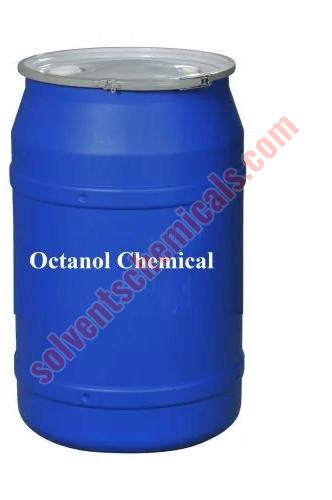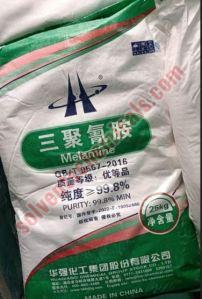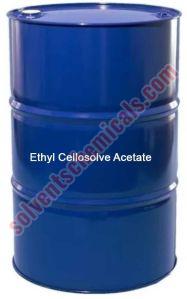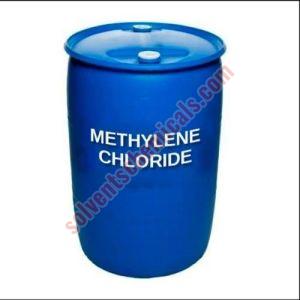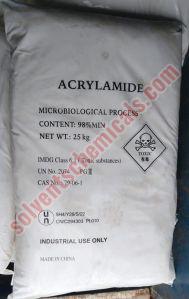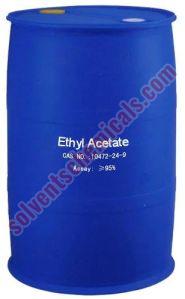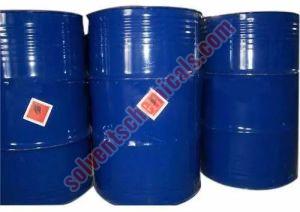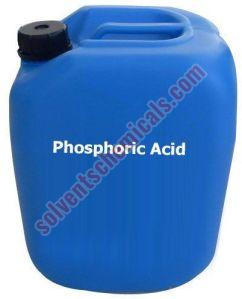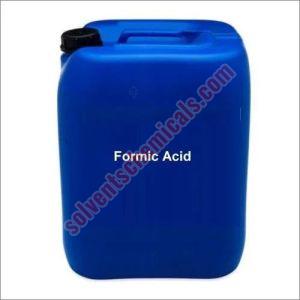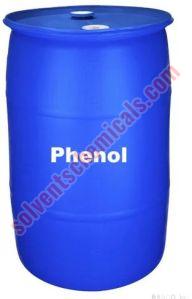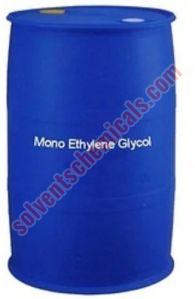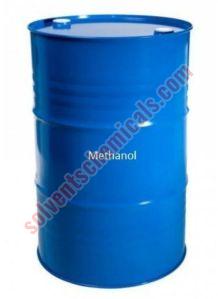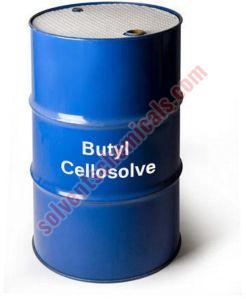- View Mobile Number
204 Kilogram (MOQ)
| Business Type | Exporter, Supplier, Trader, Distributor, Importer |
| Application | Industrial |
| Country of Origin | India |
| GC Purity | 95.00% Minimum |
| Click to view more | |
Product Details
Octanol, also known as 1-octanol, is an eight-carbon straight-chain alcohol with the chemical formula C₈H₁₈O. It’s a colorless, oily liquid with a characteristic odor, somewhat reminiscent of oranges or other fruity scents.
Here are some key details about octanol:
1. Uses:
- Solvents: Octanol is used as a solvent in various industrial processes, including the formulation of coatings, adhesives, and cleaning agents.
- Flavor and Fragrance: It's used in the fragrance and flavor industries due to its pleasant odor. It can be found in some perfumes and flavorings.
- Plasticizers: Octanol is used in the production of plasticizers, which are additives that increase the flexibility and durability of plastics.
- Intermediate Chemical: It serves as an intermediate in the synthesis of other chemicals, such as octyl esters, which are used in a range of applications including cosmetics and lubricants.
2. Production:
- Octanol can be synthesized from various feedstocks, including petrochemical sources. One common method involves the hydrolysis of octyl chloride or the oxidation of octanal (an aldehyde).
3. Physical Properties:
- Boiling Point: Approximately 195°C (383°F).
- Melting Point: Around -16°C (3°F).
- Density: About 0.825 g/cm³.
- Solubility: It is only slightly soluble in water but is miscible with most organic solvents, including alcohols, ethers, and hydrocarbons.
4. Reactivity:
- Octanol is relatively stable under normal conditions. It can undergo typical alcohol reactions, such as esterification, where it reacts with acids to form esters.
5. Safety:
- Octanol is generally considered to have low toxicity, but it can be irritating to the skin, eyes, and respiratory tract. As with many chemicals, appropriate safety measures should be taken to avoid direct contact and inhalation.
6. Environmental Impact:
- Octanol is not highly toxic to aquatic life, but like many organic chemicals, it should be managed properly to prevent environmental contamination.

